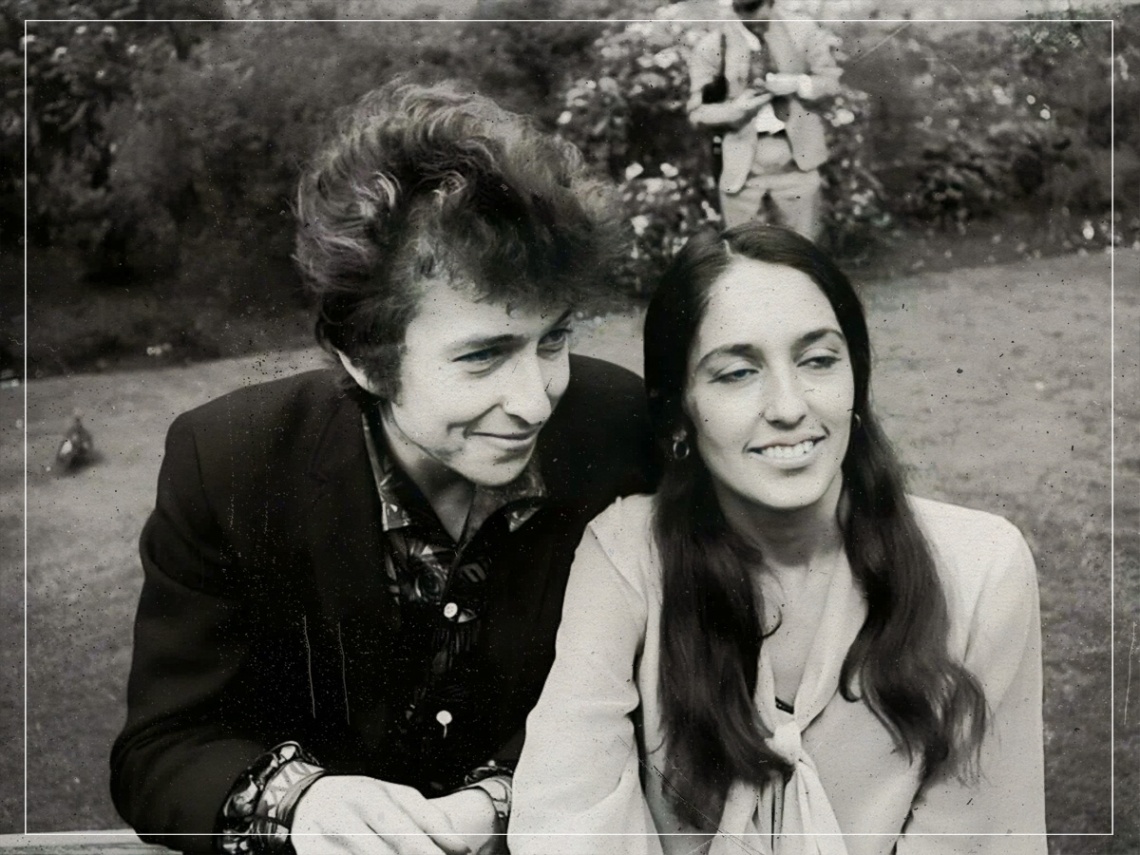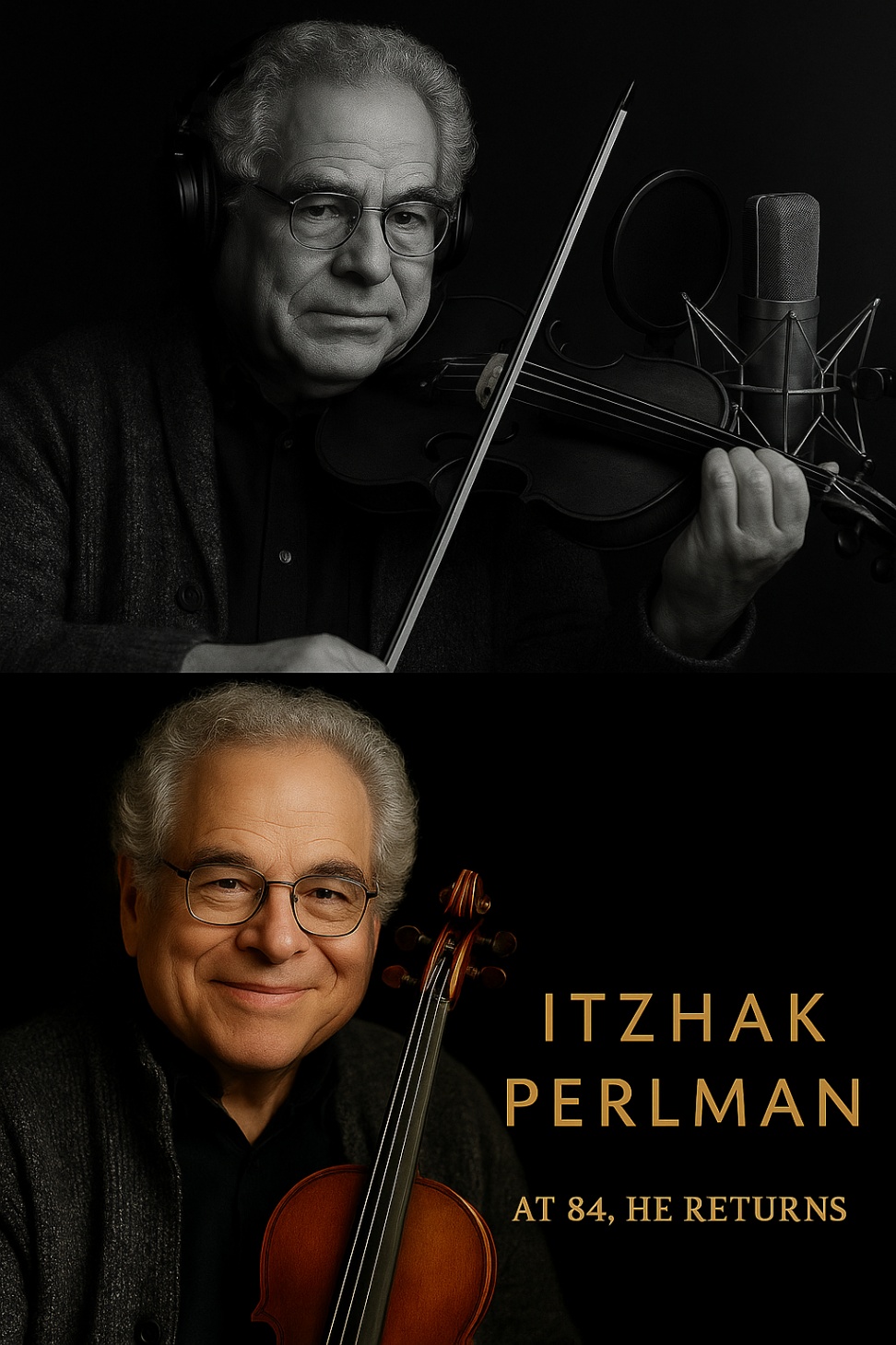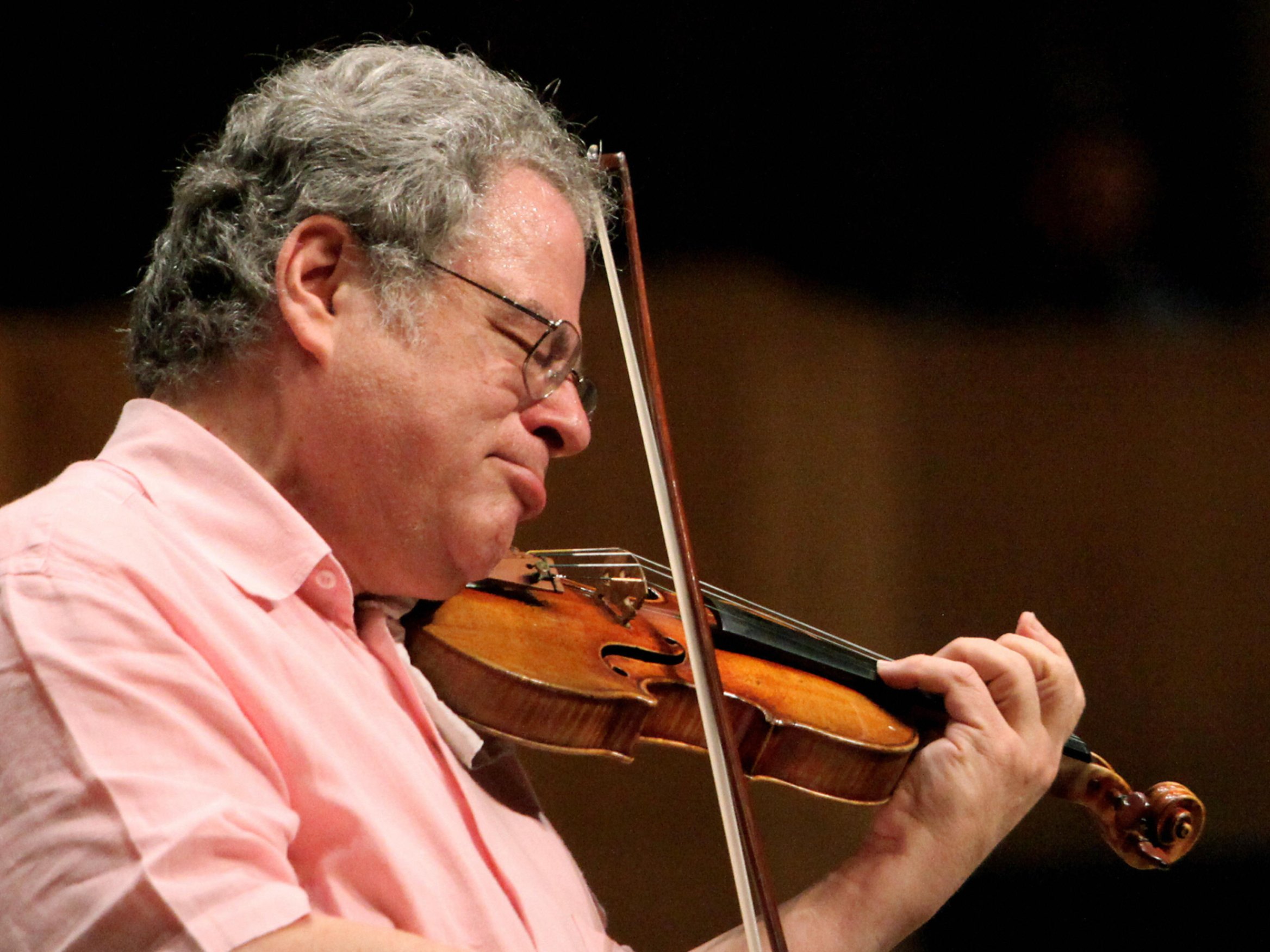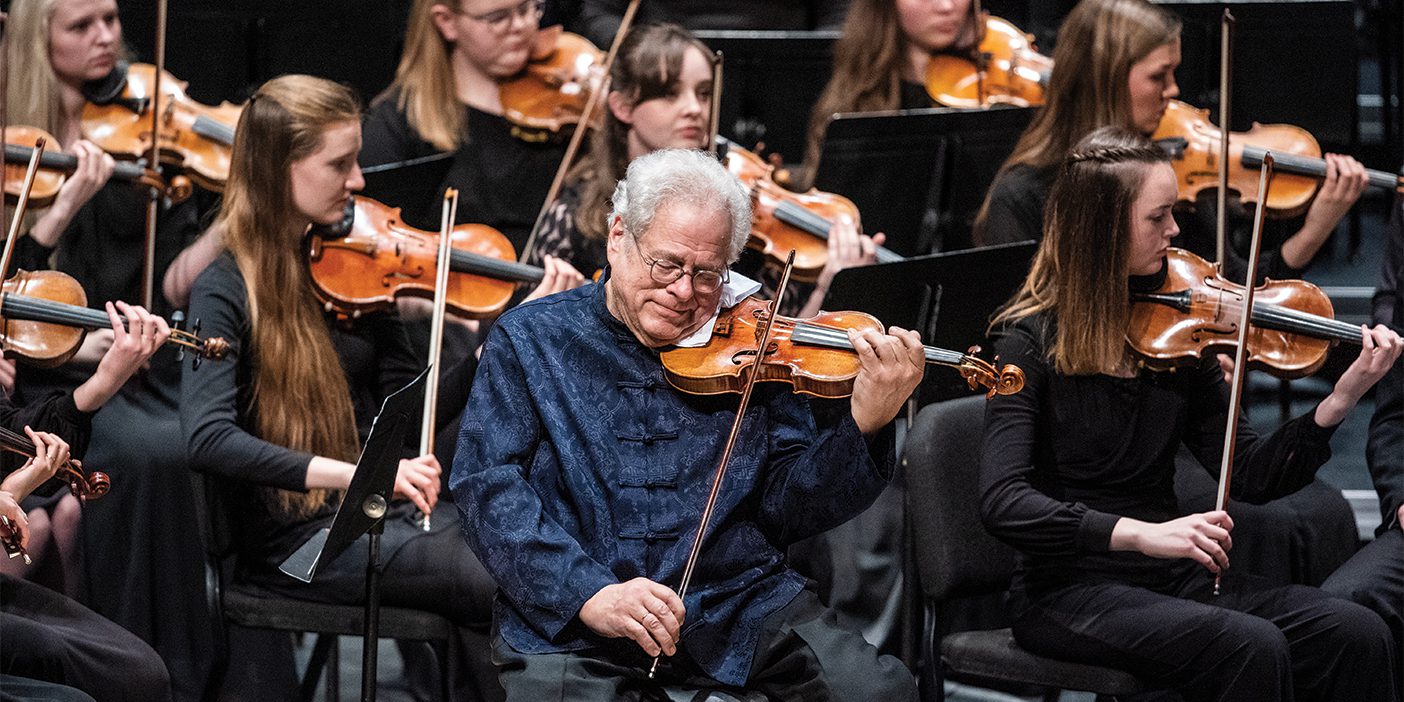“In the silence between gratitude and grief.”
The world of classical music stood still last night.
Under a single spotlight at Carnegie Hall, Itzhak Perlman — the living embodiment of grace, perseverance, and musical truth — returned to the stage at 84 years old.
What followed was not just a concert.
It was a moment of communion — between artist and audience, past and present, sound and silence.
A Return No One Expected
For years, fans had quietly accepted that Perlman’s performing days were over.
After decades of grueling touring schedules, health struggles, and a well-earned retreat into teaching and mentoring young musicians, he had stepped back from public life.
But last night, with little fanfare and no formal announcement, the maestro appeared.
Leaning on his crutches, moving slowly but smiling deeply, he took his seat center stage — the same spot he first occupied as a prodigy in 1958.
![]()
“Written Between Gratitude and Grief”
The piece Perlman unveiled is titled “Between Two Lights.”
He described it simply:
It opens with a single sustained note — a trembling G that seems to float rather than sound.
Gradually, a melody unfolds, tender yet weathered, like a prayer remembering itself.
By the final movement, Perlman’s bow trembled but never faltered.
The final note faded not into applause, but into reverence.
A Standing Ovation That Wouldn’t End
When the piece ended, the audience didn’t cheer.
They stood — silently — for nearly a full minute, before the applause broke loose like thunder.
“It wasn’t just music we heard.
It was the sound of a man conversing with the soul of the world.”
![]()
A Life Written in Music
For more than six decades, Itzhak Perlman has been one of music’s guiding lights.
Born in Tel Aviv in 1945 and paralyzed by polio at age four, he defied every limitation placed before him.
From his first appearances on The Ed Sullivan Show to his countless performances for presidents, popes, and ordinary people, Perlman’s gift has never been just technical mastery — it’s empathy made audible.
Even as his mobility decreased, his artistry deepened.
When he conducted orchestras from his chair or played masterclasses with trembling hands, his presence alone was a lesson in resilience.
The Meaning of His Return
This performance — quietly titled “An Evening With Itzhak Perlman” — wasn’t advertised.
It was invitation-only, attended by students, fellow musicians, and lifelong admirers.
His longtime collaborator Yo-Yo Ma sat in the front row, tears visible during the final movement.
Afterward, he embraced Perlman backstage and said simply,
A Master in Reflection
![]()
Reactions From Around the World
Clips from the performance spread online within hours, racking up millions of views.
Fans called it “a miracle in motion” and “the return of living grace.”
“He taught us that mastery isn’t perfection — it’s honesty.
Tonight, he proved it again.”
A Legacy Beyond Sound
Perlman’s return isn’t about nostalgia — it’s about endurance.
In a world moving faster than ever, he reminds us that art still needs stillness, humility, and time.
“This is not farewell.
This is music remembering itself.”
Because in that moment — after 84 years of playing, teaching, and healing — Itzhak Perlman didn’t just return to music.
He reminded us why music matters at all.


:max_bytes(150000):strip_icc():focal(999x0:1001x2)/joan-baez-bob-dylan-100323-020ebda80ecc4cb89b31ed157a3d30f8.jpg)




